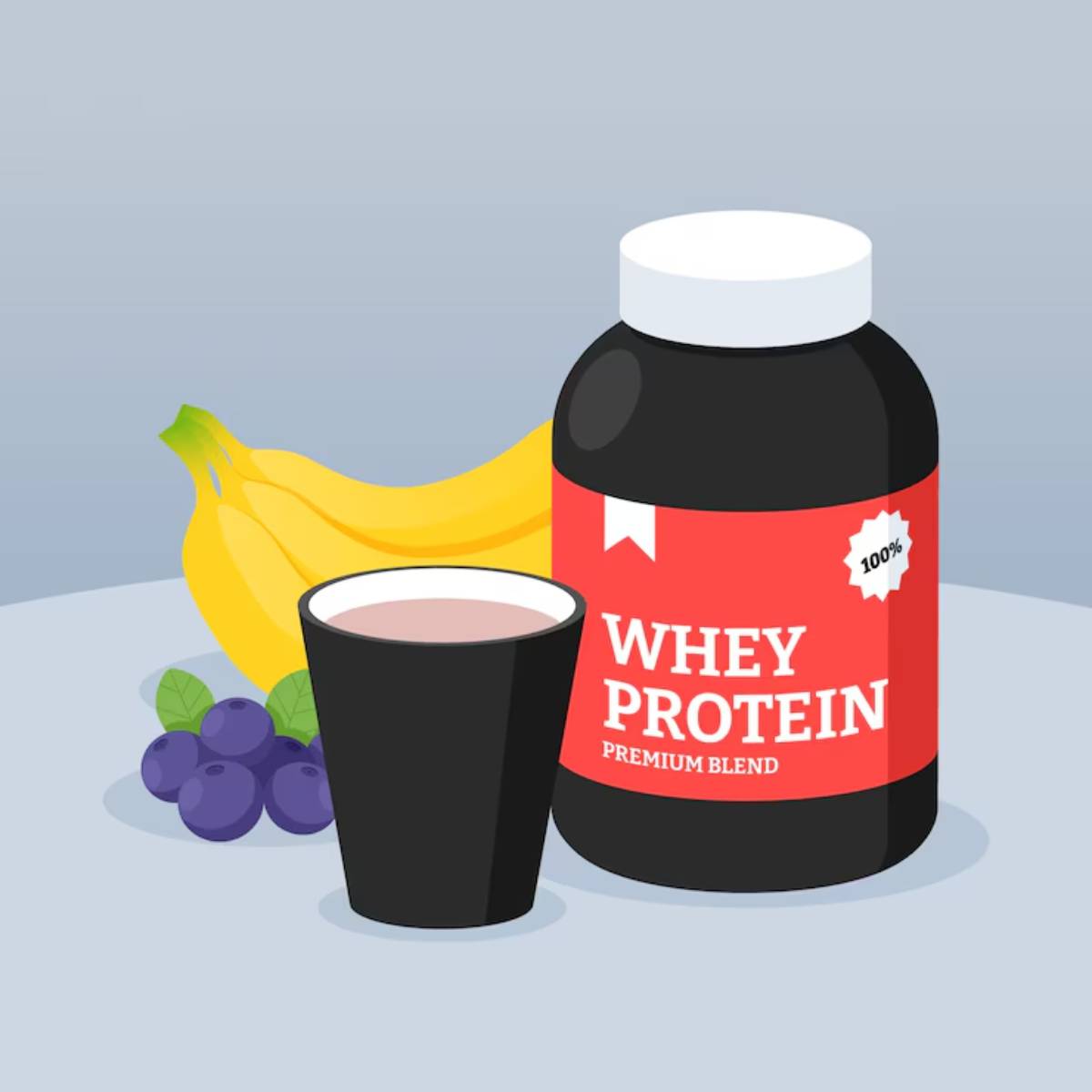
Gender Differences in Nutrient Needs Before Training
Have you ever wondered if men and women should fuel differently before workouts? You’re not alone. When it comes to pre-workout nutrition, gender-specific differences in metabolism, hormones, and muscle composition make a one-size-fits-all approach less effective.
Understanding female vs male pre-workout needs can unlock better performance, faster recovery, and even safer training sessions.
In this guide, we’ll break down the science of gender macro needs and show you how to create tailored nutrition strategies that align with your body’s unique requirements.
Ready to fuel smarter? Let’s dive in!
Why Gender-Specific Pre-Workout Nutrition Matters
Biological differences between men and women influence:
- Energy systems used during exercise
- Hormonal responses
- Nutrient metabolism
- Recovery processes
Ignoring these factors can result in:
- Faster fatigue
- Slower muscle growth
- Hormonal imbalance
- Increased injury risk
Expert Insight: Studies published in the Journal of Strength and Conditioning Research show clear differences in fuel utilisation patterns between genders during high-intensity and endurance workouts.
Core Biological Differences in Pre-Workout Needs
1. Hormonal Variations
- Oestrogen: Encourages fat oxidation (especially during endurance training).
- Testosterone: Supports greater muscle protein synthesis and strength gains.
2. Muscle Mass and Glycogen Storage
- Men: Higher muscle mass → greater glycogen storage needs.
- Women: Lower glycogen demands but higher fat utilisation at similar intensities.
3. Carbohydrate Utilisation
- Men: Burn more carbs during workouts.
Female vs Male Pre-Workout: Macro Needs Breakdown
Nutrient
Female Focus
Male Focus
Carbohydrates
Moderate intake; focus on slow-release carbs
Higher intake; focus on quick and complex carbs
Protein
Essential for muscle maintenance
Essential for muscle building
Fats
Moderate (especially during luteal phase)
Low pre-workout to avoid digestive slowdown
Hydration
Higher fluid retention considerations
Focused on sweat losses and electrolyte balance
Pre-Workout Goals by Gender
For Women
- Stable blood sugar to avoid energy crashes.
- Hormone support to maintain balance.
- Gentle digestion to avoid bloating.
For Men
- Maximal glycogen loading for explosive strength.
- Rapid digestion for quick energy availability.
- Protein priming to enhance anabolic response.
Best Pre-Workout Meal Ideas by Gender
Female-Focused Meals
2-3 Hours Before Training
- Grilled salmon
- Quinoa salad
- Steamed spinach
60-90 Minutes Before Training
- Greek yoghurt parfait with oats and berries
- Banana with almond butter
Explore: Best Women’s Pre-Workout Meals
Male-Focused Meals
2-3 Hours Before Training
- Grilled chicken breast
- White rice
- Broccoli
60-90 Minutes Before Training

- Oats with whey protein and sliced banana
- Rice cakes with peanut butter and honey
Explore: Top Men’s Muscle Fuel Meals
Hormonal Cycles and Pre-Workout Adjustments for Women
Women’s pre-workout needs fluctuate through their menstrual cycle:
- Follicular Phase (Days 1-14): Higher carb tolerance, Higher carb intake recommended.
- Luteal Phase (Days 15-28): Increased fat burning, Slightly more fats, moderate carbs.
Pay attention to your energy levels throughout the day. When you notice a shift, make necessary adjustments. This may involve taking breaks, changing tasks, or engaging in activities that recharge you. Being mindful of these fluctuations helps maintain productivity and well-being.
Hydration Differences
Women
- Greater risk of hyponatremia (low sodium) in endurance events.
- Need for steady electrolyte replenishment.
Men
- Higher sweat rates → higher fluid and sodium replacement needed.
Quick Hack: Add electrolytes, especially for sessions over 60 minutes or in hot environments.
Supplements: Gender Considerations
Women Might Benefit From:
- Iron (especially endurance athletes)
- Magnesium (for hormonal balance and cramps)
- Omega-3s (for inflammation)
Men Might Benefit From:
- Creatine (strength and power output)
- Beta-Alanine (muscular endurance)
- Whey Protein (muscle synthesis)
Always consult a professional before starting any new supplement routine.
Common Mistakes in Gender-Specific Pre-Workout Nutrition
- Women eating too little before strength workouts: Leads to poor performance.
- Men overloading fats right before workouts: Causes digestive slowdown.
- Ignoring menstrual cycle shifts: For women, this can create unexpected fatigue.
- Skipping carbs entirely: For both genders, this can crush workout intensity.
Golden Rule: Personalisation > Trends.
Real-World Success Stories

Sophie’s Transformation: Sophie, a CrossFit enthusiast, realised she needed more carbs pre-training during her follicular phase. Swapping her low-carb habits for oats and banana boosted her lifts and mood.
Ben’s Breakthrough: Ben added 30g more carbs to his pre-gym meals after stalling on his squat goals. Within eight weeks, his lifts jumped and he felt more energised throughout heavy sessions.
Lesson: Gender-aware, goal-specific fuelling delivers results.
Myth Busting: Female vs Male Pre-Workout Nutrition
1. “Men need way more food than women.”
Reality: Nutritional needs depend on size, lean mass, and training demands — not just gender.
2. “Women should avoid carbs to stay lean.”
Reality: Smart carb timing improves hormone health and athletic performance.
3. “Fasted workouts are better for everyone.”
Reality: Fasted training can impair performance, especially for strength and high-intensity work.
Key Takeaways:
- Men and women metabolise carbs, fats, and proteins differently.
- Timing, type, and quantity of pre-workout meals should be gender-informed.
- Hydration and hormonal shifts deserve serious attention.
- Personalise, experiment, and evolve your fuelling strategy.
Tailor Your Fuel to Your Body
Optimal training doesn’t start in the gym — it starts on your plate.
By embracing gender differences in pre-workout macro needs, focusing on tailored nutrition, and respecting your body’s unique requirements, you can maximise your strength, endurance, and recovery, no matter your goals.
Now it’s your turn! Have you adjusted your pre-workout meals based on your body’s needs? Share your experiences in the comments — let’s fuel stronger, smarter, and together!